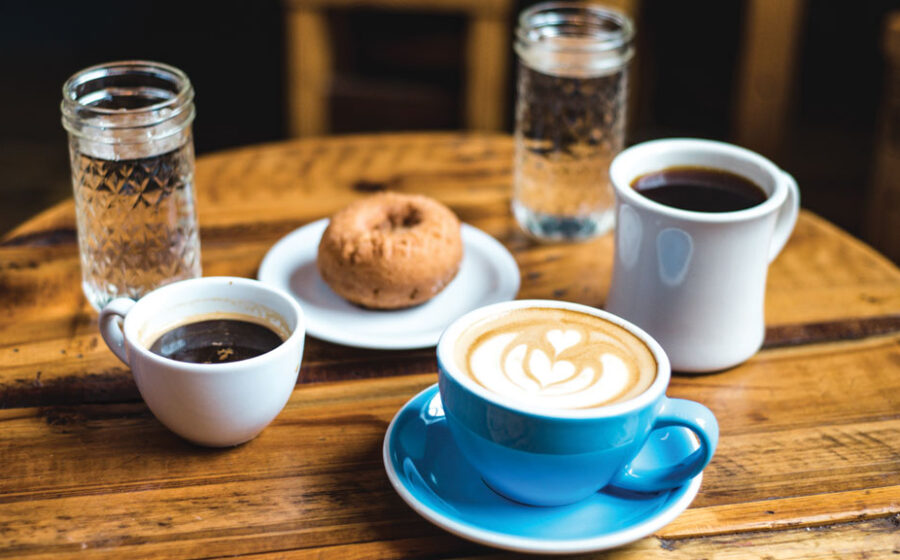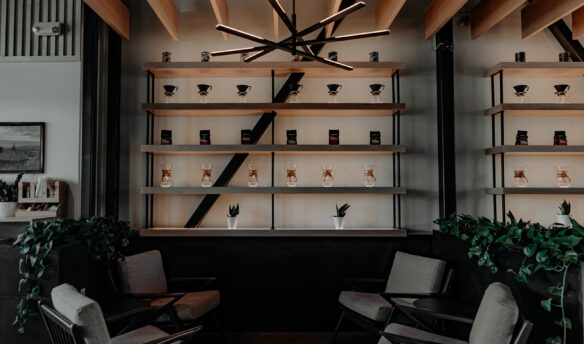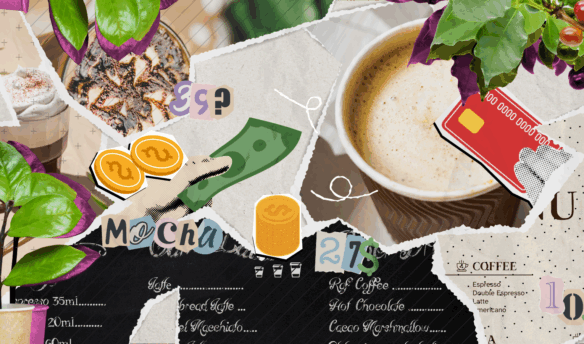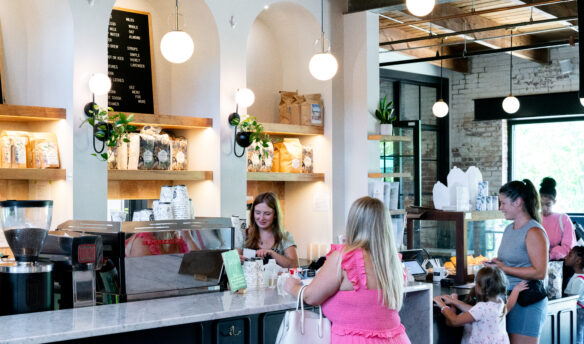[T]he first day the café opened, everything was perfect. The grinder was dialed in, the machine sparkled, and the baristas were ready. They’d finished attending a comprehensive training program that included classes on basic coffee knowledge, espresso, and how to make drinks efficiently in a high-speed coffee shop.
As the time to unlock the doors approached, there was a buzz of excitement in the room. Here was a group of young people who could handle anything thrown at them. Mochas? Bring them on! Lattes? How many? With a smile and a tamper, they were ready to conquer the world.
The clock hit 6:30 a.m. and the doors to the little café were unlocked. It was finally time to put their training to use. No more rehearsals. No more lattes no one would actually drink.
Unfortunately, the new baristas’ exuberance for the coffee-making profession waned dramatically after the first hour. Question after question, order after order, they heard things they weren’t ready to deal with.
“I’d like a sixteen-ounce, extra hot latte with soy milk and two pumps of vanilla syrup. Exactly 190 degrees, please. Oh, and pour two Splendas in at the end, but don’t stir it. Also only three-quarters full.”
“One large milky way, please. With whipped cream. On the side.”
“Do you guys do flat whites? I did a semester abroad in Australia, and now I have to have them.”
“What is the variety of this coffee? I usually only like heirloom varietals like bourbon, but I’ve had a typica or two that I’ve enjoyed.”
I have both attended and performed trainings that felt remarkably inadequate at preparing students for the reality of running a coffee shop when it was actually time to be a barista.
The orders and questions above, and myriad others like them, heard every day by baristas around the country who feel quite ill prepared to address them. And how do you address them in trainings that are necessarily limited in scope? Well, you just can’t. It’s impossible to teach or learn how to answer every question you will see in a café environment.
One of the great limitations in training programs is they can’t imbue their students with experience, which is ultimately one of the most important attributes a barista can have. Experience comes with time and practice, which—inconveniently—takes time.
All of which calls into question everything I’ve written in this series over the last fourteen months. If training doesn’t get me where I need to be to successfully operate a coffee shop, why do I need to invest my time and energy in it? Why not just figure it out as I go?
Think of coffee like music. When you are first trained to play an instrument, you learn how to produce all the different notes, and then learn how to string those notes together to create musical phrases, melodies, and harmonies. You’re taught to identify scales, rests, and the various Italian words that instruct you in the production of an actual song.
After you’ve been trained in all of that, though, it takes practice to learn it, to be able to implement it. Training shows you what to play and how to play it. Practice takes that knowledge and—through repetition and continued guidance—makes it work in the real world. It hones and refines the training. It identifies bad habits and corrects them. It takes you from playing a simple ditty from memory to playing a new piece well on first sight.
Training shows you what to play and how to play it. Practice takes that knowledge and—through repetition and continued guidance—makes it work in the real world.
Espresso, much like music, requires very specific training to even have a chance at being successful. Training teaches you to produce the extraction of coffee and texture of milk, and then how to marry those two things to create lattes, cappuccinos, and every drink imaginable. You’re taught to identify issues with extraction and steaming, and the various Italian words that make up the names of most drinks you’ll make.
It doesn’t mean you’re ready to produce perfect drinks during a morning rush.
Practice, then, is the next step in making a successful barista. The training starts them off on the right path, and can be used to gently maintain them on that path when they start to veer off of it. Practice is the difference between acceptable baristas and extraordinary ones. Practice is the difference between ambivalent customers and brand evangelists.
With practice comes experience, and experience guides us through questions, orders, and encounters with customers we’ve never had before. I may not have heard of the colloquialism a customer calls his favorite beverage, but I’m practiced enough in my craft that I know what to ask him to get the information I need to make the best version of that drink he’s ever tasted. That’s not to brag—most baristas who have taken the time and put in the practice to excel at their profession can do exactly the same thing.
There are those two words again: time and practice. Training is an investment that puts you on the path to success. Practice is an investment that keeps you there. If you own a shop, train your staff and encourage them to practice. If you’re a barista, seek out knowledge and then practice.
I promise it’s worth it.
—Nathanael May is the director of coffee at Portland Roasting Coffee.

















